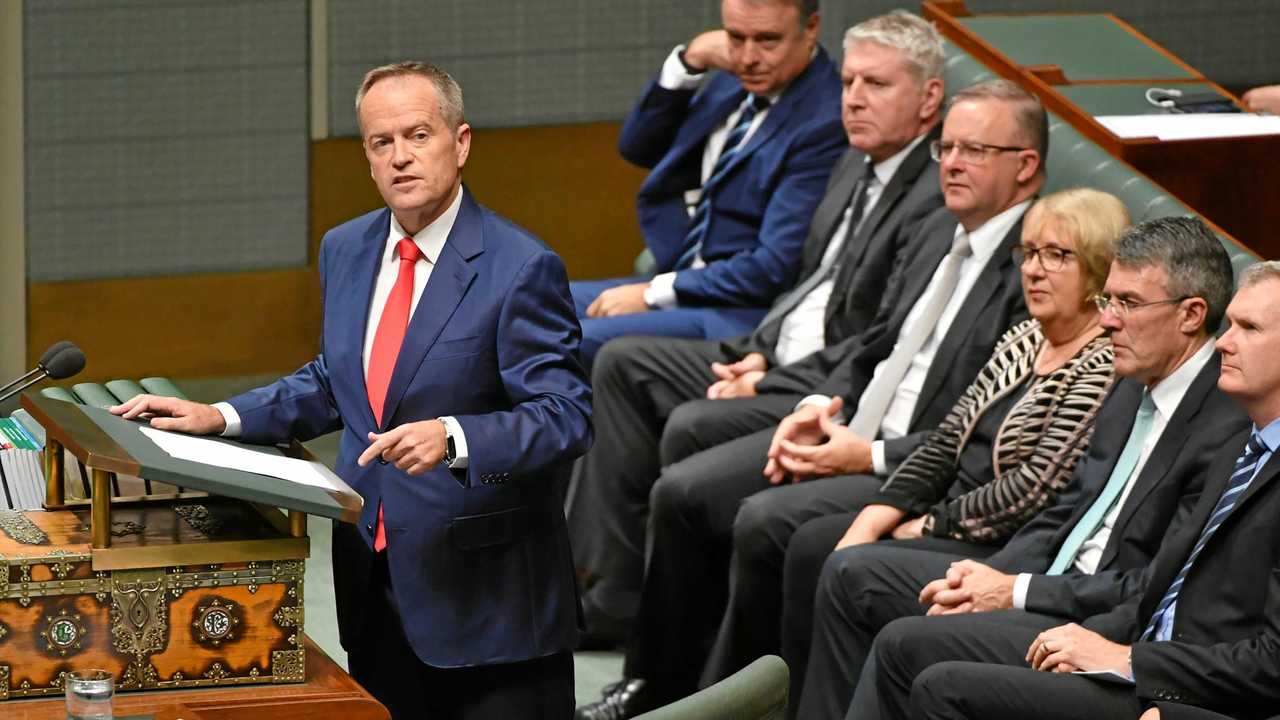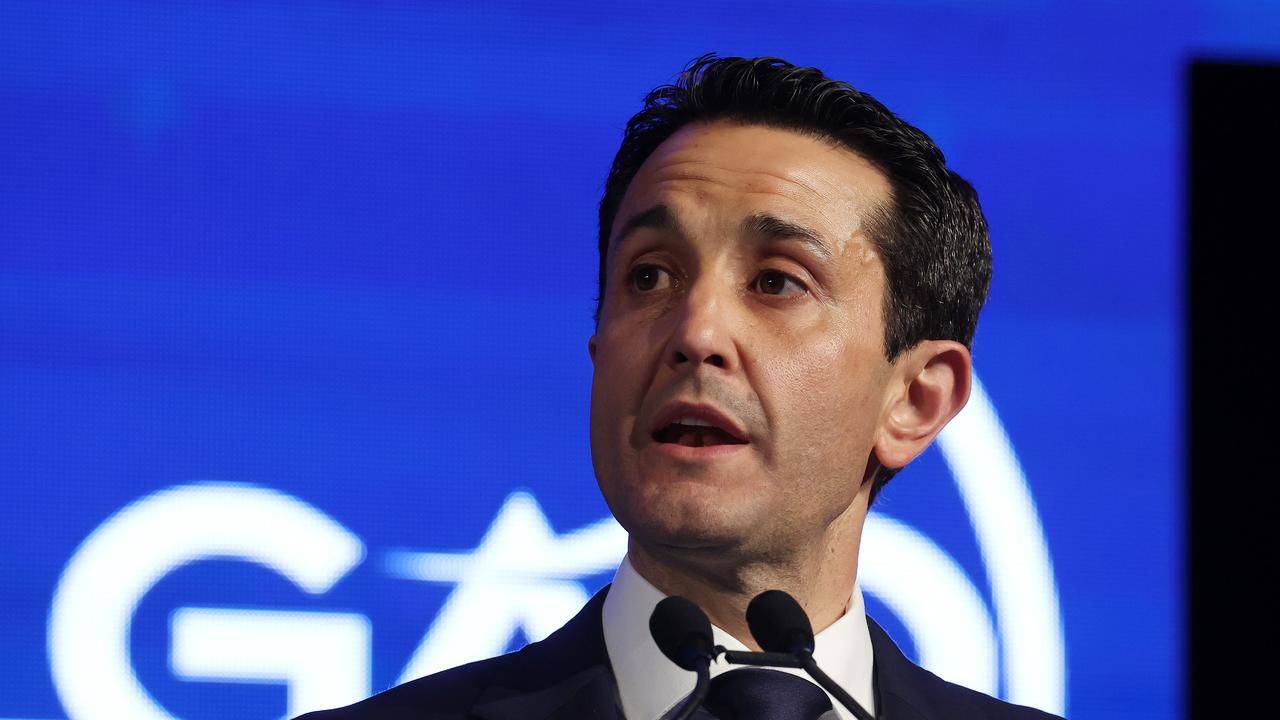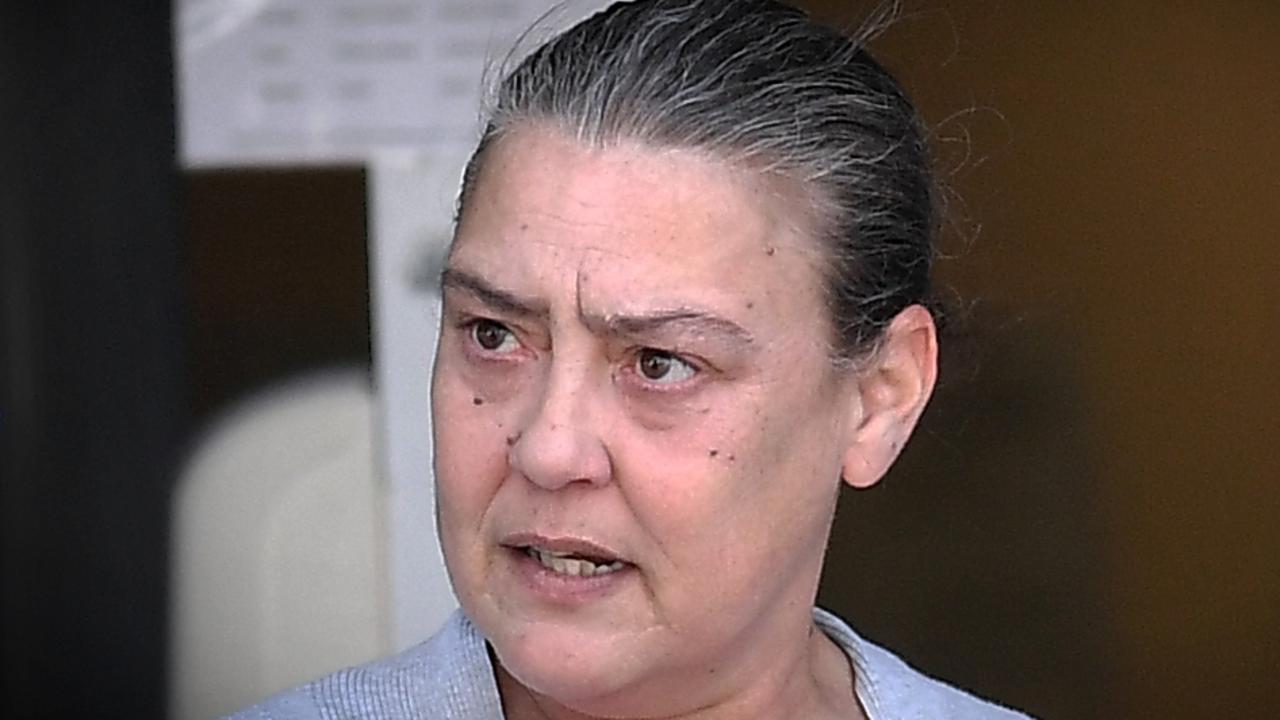Shorten's budget reply re-defines political contest
Why Bill Shorten's budget reply is the first shot in what will be a savage battle over Australia's future.

Sunshine Coast
Don't miss out on the headlines from Sunshine Coast. Followed categories will be added to My News.
DID the 2017 Budget reply speech from Opposition Leader Bill Shorten just return Labor to its wage earners' roots and redefine the political contest in Australia?
If Treasurer Scott Morrison's budget speech was "Labor-lite" as described by many commentators, Shorten's response was anything but.
A commitment to a banking royal commission, an intent to tax the so-called "big end of town" more to inject into Medicare, an end to negative gearing and a promised crack down on big business tax rorters were all more than a rallying cry to the faithful.
The policy settings provide reasons for voters looking to fringe parties in frustration to re-examine the proposition that the big parties "are all the same".
Restoration of full education funding, the re-establishment of TAFE at the core of Australia's once world class apprenticeship program and a commitment to use Commonwealth infrastructure spending to create trade pathways for the young will resonate with families who find their school-leaving children with nowhere to go.
A trade or university is the promise, as is that the top two percent of income earners would fund any NDIS shortfall through retention of the Coalition's budget repair levy and that the government's key company tax cuts would be abandoned.
If the banks have been squealing after the Treasurer announced Tuesday they would face a new $6.2 billion tax on borrowings, imagine the noise that will be coming from the nation's big accounting firms at Shorten's promise to cap claims on taxation advice at $3000.
The move aims at companies and individuals who claim $1 million deductions for the tax advice they receive. If anything and like Morrison's decision to crack down on deduction claims from negative gearers for travel costs to visit their investment properties it shows the go-to-work, pay-your-taxes, feed-your-family brigade what is going on under their noses.
Locally our federal MPs are pointing to Bruce Highway funding and the possibility of money for rail duplication as big wins for the region, claims that have sparked a bitter but healthy debate with Sunshine Coast Council mayor Mark Jamieson.
The mayor's point the region has suffered chronic infrastructure under funding is self-evident by simple comparison with other major though smaller Queensland regional centres with marginal electorates.
The clock's now ticking on delivery. Blaming State Labor for any delay is pure politics to be seen in the context of the looming Queensland election and next month's state budget.
What Morrison and Shorten both ignored was the potential $11 billion annual revenue windfall which could be delivered by a betterment tax on land rezoned to provide higher yield through subdivision. It's a no-brainer that would fund infrastructure shortfall in fast-growing communities.
And Shorten and Morrison were both oddly quiet on the $15bn economic drag caused by non-payment and under-payment in the construction sector.
The 2015 senate report into the issue recommended company directors be given VIN numbers to make them easier to track and as a means of better controlling phoenixing in the industry. It would certainly give the Australian Tax Office a head start in keeping tabs on avoiders.
An intriguing savings' avenue may also be found in the call by Twin Waters resident and Stockland development protestor Wayne Ferguson for the Commonwealth to require the states and local authorities to show some mutual obligation when it comes to natural disaster funding.
It's not cheap and has cost the country $12 billion since 2009 principally for flooding and cyclones in Queensland.
The proposition is that state governments and local authorities should not be allowed to continue to put homes and infrastructure in vulnerable places and then expect the nation's taxpayers to bail them out when the inevitable occurs.
The Sunshine Coast Council's push to rezone a flood-prone cane paddock, which had seven feet of water over it in the 1890s, to allow urban development is simply the latest example here of this recklessness.
If supported by the State it represents at least the third recent example where the council will have required a flood refuge or evacuation point as part of a development approval.
A report by the National Office of Audit has found the Commonwealth's high contribution to disaster relief "has created perverse incentives for State and local governments to minimise their investment in mitigation measures such as planning and development". It found that "in the absence of any changes to the currently generous Commonwealth funding arrangements, State and local governments are unlikely to face sufficient incentives to change current behaviours relating to planning and zoning".
It's about time they did.
Originally published as Shorten's budget reply re-defines political contest






